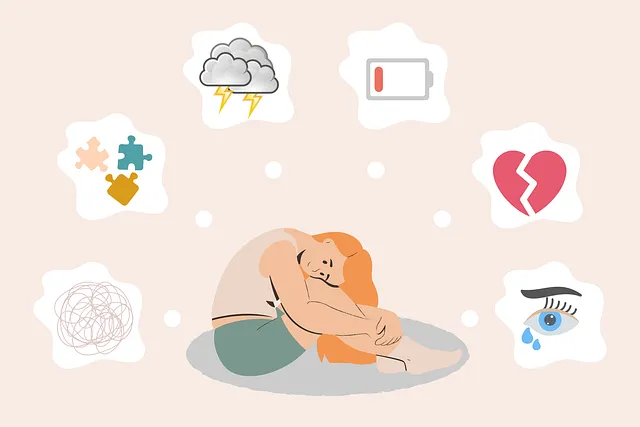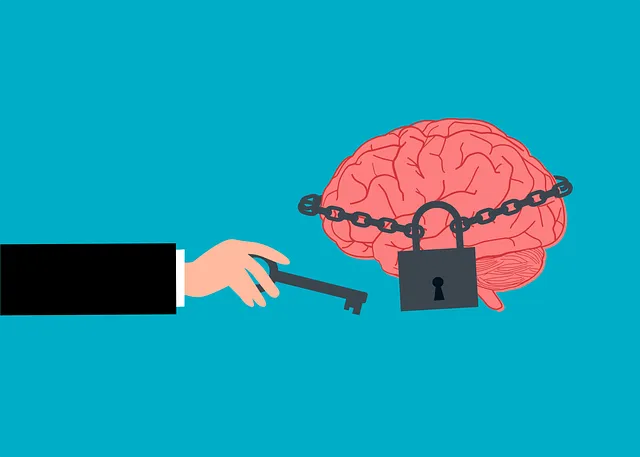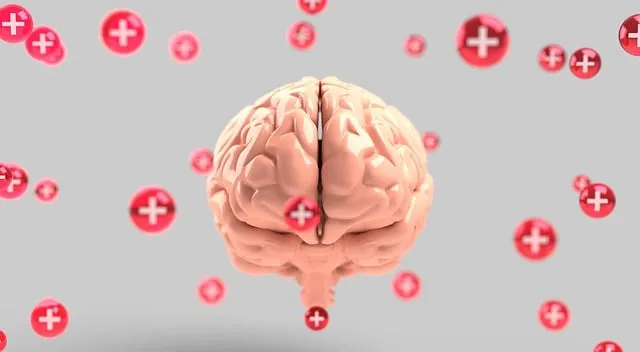Mental health advocacy in Lone Tree, where Kaiser provides services, is crucial for improving access to care. Through initiatives like Risk Management Planning, Self-Care Practices, and Mental Wellness Coaching, these efforts raise awareness, break stereotypes, and foster open conversations about mental wellness.Kaiser's comprehensive coverage includes diverse resources, such as stress management workshops and mindfulness meditation, ensuring accessible care in a supportive environment. Challenges faced by remote areas like Lone Tree, including geographical barriers and limited resources, are exacerbated by sparse populations, making tailored initiatives essential for improving mental health outcomes. Advocacy pushes for policy changes to enhance access, normalizes conversations, and educates communities about available support, ultimately empowering individuals through early intervention and comprehensive care.
Mental health advocacy initiatives play a crucial role in shaping public perception and improving access to essential services. This article explores various facets of this vital work, from understanding advocacy’s core principles to examining specific programs like Kaiser’s mental health coverage in Lone Tree. We delve into the unique challenges faced by remote communities and present effective strategies for advocates. Additionally, we highlight success stories that demonstrate the profound impact of these initiatives on individuals’ lives, addressing questions surrounding Kaiser’s coverage in Lone Tree.
- Understanding Mental Health Advocacy: The Role of Initiatives
- Kaiser's Mental Health Coverage: A Closer Look at Lone Tree
- Challenges in Accessing Mental Health Services for Remote Communities
- Strategies for Effective Mental Health Advocacy
- Success Stories: How Advocacy Initiatives Make a Difference
Understanding Mental Health Advocacy: The Role of Initiatives

Mental health advocacy initiatives play a crucial role in raising awareness and promoting understanding about various mental health conditions. These initiatives, often driven by passionate individuals or organizations, aim to break down stereotypes and reduce the stigma associated with seeking help for mental wellness. In many cases, such as in areas like Lone Tree where Kaiser offers mental health services, advocacy efforts lead to improved access to care and better integration of support systems.
By implementing strategies like Risk Management Planning for Mental Health Professionals, promoting Self-Care Practices, and developing Mental Wellness Coaching Programs, these initiatives not only empower individuals but also create a supportive ecosystem. This holistic approach ensures that people have access to the resources they need to manage their mental health effectively, fostering a sense of community and empowerment. Additionally, these programs contribute to better patient outcomes by encouraging open conversations about mental wellness and providing practical tools for maintaining and improving mental health.
Kaiser's Mental Health Coverage: A Closer Look at Lone Tree

Lone Tree residents can find solace and support when it comes to mental health services through Kaiser Permanente’s comprehensive coverage. This healthcare provider offers a range of resources tailored to address various mental health concerns, ensuring accessible care for all. Their focus on holistic well-being includes not just therapy sessions but also innovative strategies like stress management workshops, empathy building exercises, and mindfulness meditation practices.
By integrating these initiatives, Kaiser aims to create an inclusive environment where individuals can openly discuss their mental health challenges. The availability of such programs specifically in Lone Tree demonstrates the provider’s commitment to catering to the unique needs of this community. This approach not only facilitates better stress management but also fosters a culture of openness and support for improved overall mental well-being.
Challenges in Accessing Mental Health Services for Remote Communities

Accessing mental health services can be a significant challenge for remote communities, often due to geographical barriers and limited resources. In places like Lone Tree, where Kaiser healthcare is available, individuals may still face unique obstacles in seeking support. The vast distances and sparse populations make it difficult to establish and maintain specialized mental health clinics, leaving many residents with limited options. This situation can exacerbate existing issues, as remote areas often have higher rates of trauma, isolation, and cultural barriers that impact mental well-being.
These communities may rely heavily on telehealth services or face the challenge of long travel distances for in-person appointments. The lack of local resources and specialized professionals can hinder the development of effective coping skills and stress management techniques, which are essential components of emotional healing processes. As a result, remote residents might struggle to receive timely and adequate mental health care, highlighting the need for tailored initiatives that address these unique challenges.
Strategies for Effective Mental Health Advocacy

Mental health advocacy initiatives are crucial in promoting awareness and support for individuals facing mental health challenges. One effective strategy is to educate the public about various mental health conditions, dispelling myths, and normalizing conversations around mental wellness. Public awareness campaigns can play a significant role in reducing stigma, encouraging early intervention, and fostering understanding within communities.
Additionally, advocacy groups can push for policy changes that improve access to quality mental health services. This includes ensuring that insurance plans like Kaiser cover comprehensive mental health care without stringent limitations. By advocating for better coverage, especially in remote areas like Lone Tree, burnout prevention and stress reduction methods can be more readily available to those in need. Effective advocacy also involves building support networks and providing resources for individuals seeking help, ultimately leading to improved outcomes and enhanced community resilience.
Success Stories: How Advocacy Initiatives Make a Difference

Mental health advocacy initiatives have proven to be powerful tools in creating positive change and improving access to care. One notable example is the impact of organizations like Lone Tree on their communities. By focusing on raising awareness, these initiatives break down barriers and stigma surrounding mental health issues. They educate people about available resources, such as Kaiser’s comprehensive mental health coverage, empowering individuals to seek help when needed.
Through various programs, advocacy groups facilitate support networks that offer guidance and understanding. This can include promoting self-care routine development for better mental health, social skills training, and mood management strategies. Success stories from these initiatives often highlight individuals who have overcome challenges and found new hope. They serve as a testament to the power of advocacy in transforming lives and ensuring that mental well-being is prioritized alongside physical health.
Mental health advocacy initiatives play a pivotal role in shaping accessible and supportive healthcare systems. From understanding advocacy’s core role to examining specific cases like Kaiser’s mental health coverage in Lone Tree, it’s evident that these efforts are game-changers. By addressing challenges faced by remote communities and implementing effective strategies, we can ensure that everyone, regardless of location, has the opportunity to prioritize their mental well-being. Success stories highlight the profound impact of advocacy, demonstrating that when mental health initiatives gain momentum, positive changes resonate throughout society.






